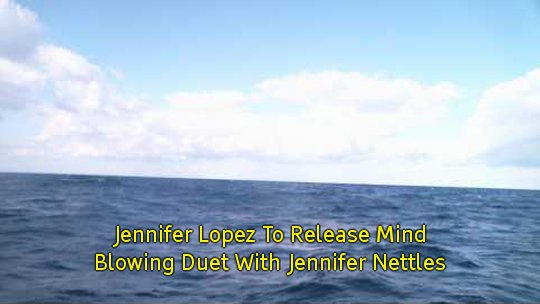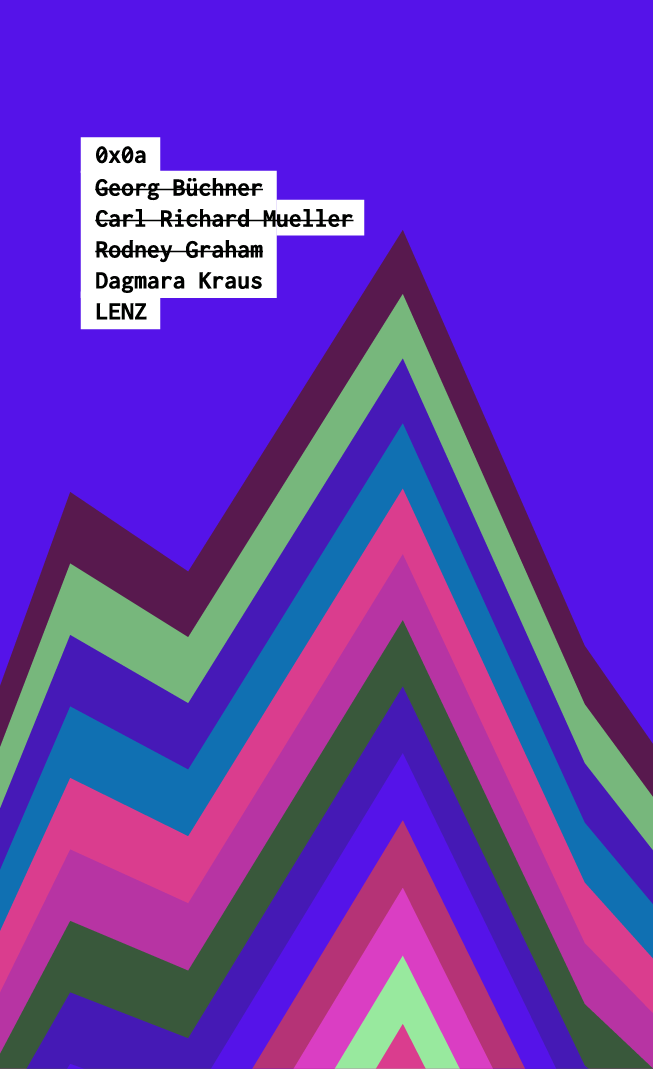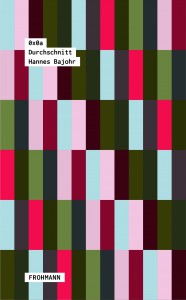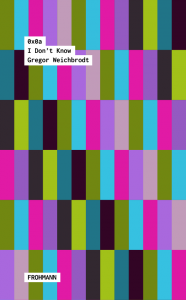[This essay first appeared in Logbuch Suhrkamp.]
A year ago, Swantje Lichtenstein and Tom Lingnau asked a number of artists a simple question: Is the artist necessary for making art today? What became a slim volume of answers began with their project Covertext, which investigates literary conceptualism and appropriation. It was in this context that they first questioned what connection remains between artist and artwork – for if conceptual literature takes the idea to be more important than its execution, and if the pure appropriation and copying of other people’s texts no longer constitutes “creation” in the classical sense, the idea of authorship has indeed reached an impasse, because its relation to the work becomes fleeting and elusive: Who is the author of a book that was written written by someone else? Think Borges’s Pierre Menard.
more…LENZ (Büchner Mueller Graham Kraus)
Dagmara Kraus translated/appropirated/transpropriated Rodney Graham’s take on Georg Büchner’s Lenz as LENZ (Büchner Mueller Graham Kraus).
The first in a series of “translations” on 0x0a.
Subtitle Buoy
I wrote a bot that subtitles updated photos from a buoy in the Atlantic Ocean with trending topics from the web: https://twitter.com/subtitle_buoy
Behind the scenes the bot is looking up what people search for on Google at the moment (Google trends) and tries to match relevant sentences for a topic on Twitter. Most of the times the pieces of text are news headlines, occasionally spam or deliberately spread disinformation.
The imagery comes from the National Data Buoy Center.
It’s also a Tumblr: http://subtitlebuoy.tumblr.com

Gregor Weichbrodt: No Offense
A version of this essay was included in the program accompanying Gregor Weichbrodt’s salon at Room & Board on October 29, 2015. Julia Pelta Feldman is the director of Room & Board, an artist’s residency in Williamsburg, Brooklyn.
Gregor Weichbrodt recently visited a friend’s apartment in Berlin, the city where he lives (a short train ride from Potsdam, where he was born). He knew that this friend often hosts international guests, but Weichbrodt, finding the apartment’s contents labeled with their own names, was nonetheless struck by a feeling of disorientation. Der Kühlschrank on the refrigerator; die Wand on the wall: of course, these words were there to help visitors learn German, but for Weichbrodt, a native speaker, the experience had a surreal quality: the redundant explanations served to estrange him from these familiar, domestic things.
Bot Poetry at the SFPC
On Friday, hidden away in the West Village, one block from the Hudson, the very necessary School for Poetic Computation showcased a quickly growing branch of digital literature: bot poetry. The event had been organized last minute by Allison Parrish to make up for Darius Kazemi’s official bot summit that was put off until next year.
Browser-Erweiterung: Theken Texte
Ich habe eine Erweiterung (Plugin) für den Chrome-Browser geschrieben, die die Untertitel-Scripte der ARD- und ZDF-Mediatheken im Ganzen zur Verfügung stellt und anzeigt. Zum einen als Fließtext, bei dem der Text in Sprecherrollen unterteilt wird. Zum anderen als SubRip- und XML-Untertitelformat (.srt und .xml).
Mit diesem Plugin wird nicht nur das Zitieren von Fernsehinhalten erleichtert. Auch wird der Zugriff auf eine Textressource vereinfacht, die prinzipiell für jeden verfügbar, in der Praxis allerdings schwer ausfindig zu machen ist: Untertitel.
more…On the Road stage performance
I am happy to see that my On the Road project has been transformed into a stage performance by Michael Durkin and the people from 14th Street in Philadelphia at Plays & Players theater. Details about the show can be found here. The complete performance can be viewed on Youtube here. More shows are about to come.
How to: Web scraping with Kimono
Kimono by kimonolabs offers a user-friendly method for grabbing the contents of websites in a structured way. Without needing to know anything about programming, you can compile enormous collections of texts. This service is especially useful when websites do not offer APIs, that is, interfaces with which one can gather data directly (as does Twitter). Instead, you build your own API with Kimono, and get as output a JSON, RSS, or CSV file that contains the text from the particular website.
more…Die Sprache Pegidas
Die Dresdner Pegida-Märsche, die ab Winter 2014 eine Größe annahmen, die bundesweit für ein plötzliches Aufschrecken sorgte, wurden ausschließlich über Facebook-Seiten organisiert und angekündigt. Dass die Verteidiger des Abendlandes gegen den Islam es mit den christlichen Tugenden nicht so genau nahmen, wussten die Veranstalter. Sie löschten die in den Kommentaren geposteten Ausfälle und Tiraden ihrer Anhänger in regelmäßigen Abständen zusammen mit ihren eigenen Postings.
Anfangs nur zu Dokumentationszwecken ließ 0x0a (Gregor Weichbrodt und Hannes Bajohr) diese Kommentare durch ein Scraping-Script regelmäßig sammeln. Seit Dezember letzten Jahres ist bis heute ein 282.596 Kommentare und 7.751.654 Wortformen umfassendes Textkorpus der Pegida-Sprache entstanden. Erst jetzt umfangreich genug um repräsentativ zu sein, stellen wir es heute online. Zwar enthält es, da ungefiltert gesammelt, auch die Stimmen der Gegner Pegidas, dennoch ist diese Datenbank zur linguistischen Auswertung nicht weniger als zur literarischen Nutzung geeignet.
more…Two New Releases!
At Frohmann-Verlag, two new 0x0a texts have been released.
Hannes Bajohr
Gregor Weichbrodt


